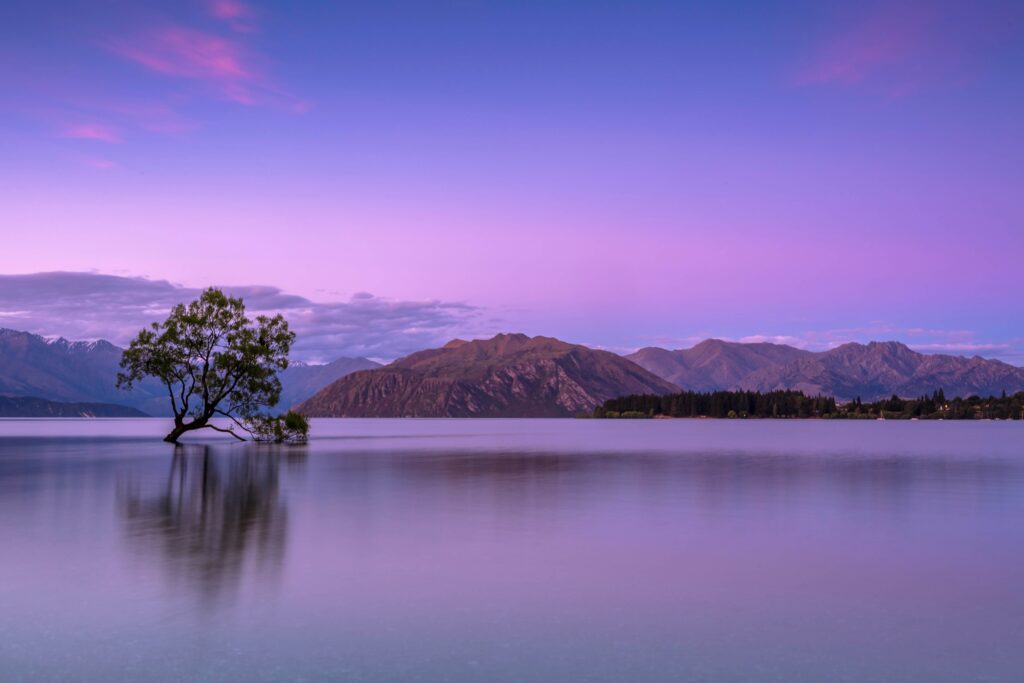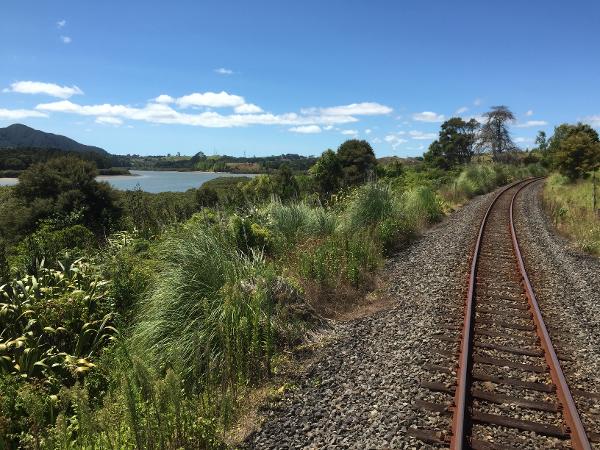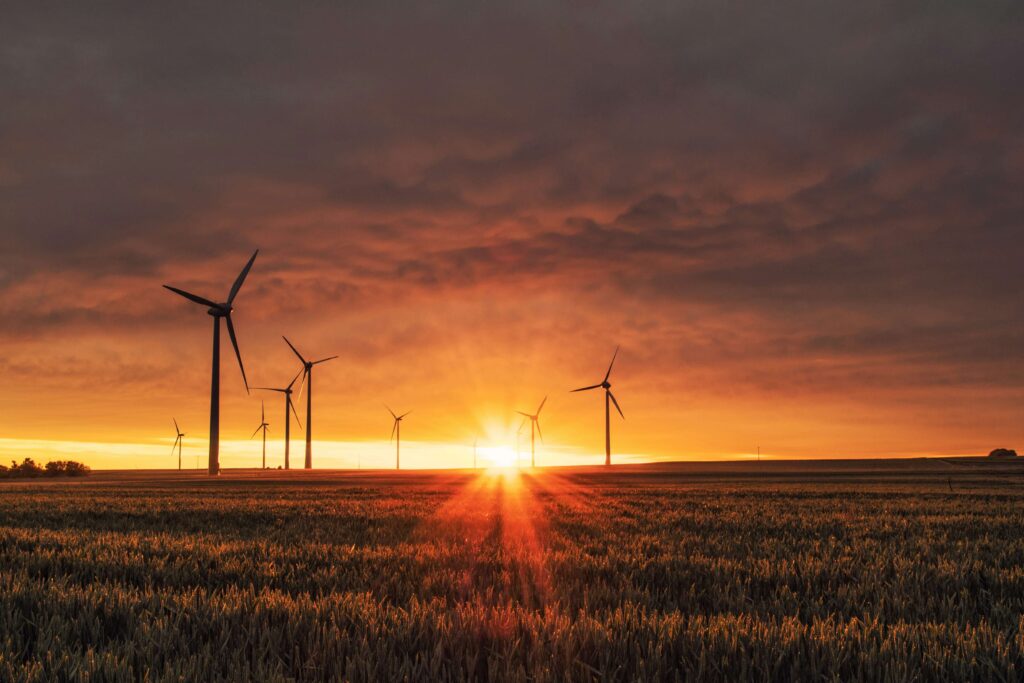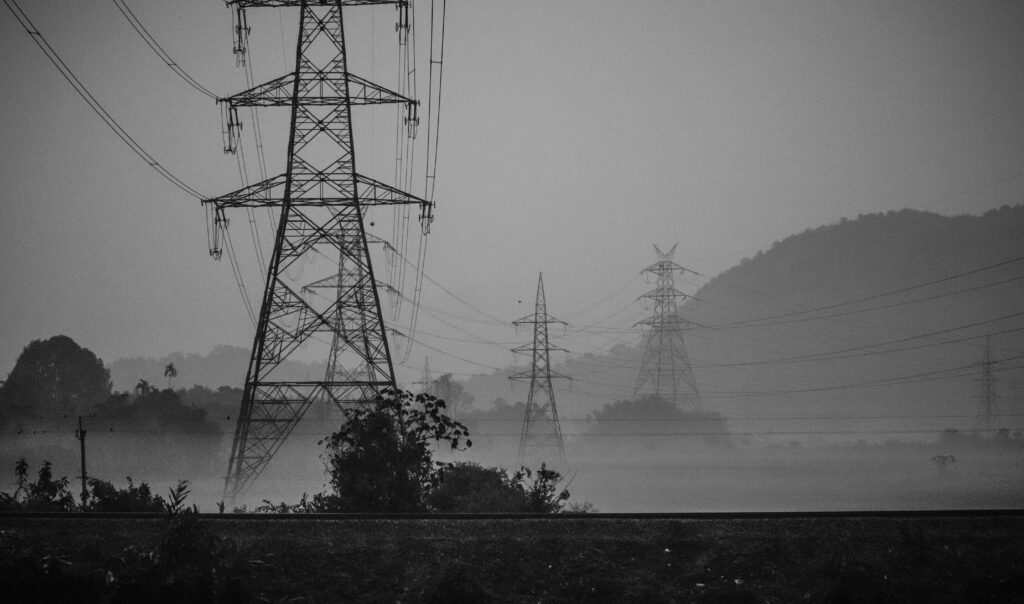Posts Tagged ‘Energy’
November 2024
CONTENTS – Earth’s ‘vital signs’ show humanity’s future in balance, say climate
experts – Five main takeaways from the Global Commission on the Economics of
Water Report, October 2024 – Extracts from IEA World Energy Outlook 2024 Executive Summary – Extracts from Energy Source & Distribution Magazine, Sep/Oct 2024 – Reducing climate emissions from farm livestock – Energy-saving coffee concrete makes major project debut – Deakin launches hydrogen R&D hub in Warrnambool – Amid Australia’s chaotic climate politics, the rooftop solar boom is an unlikely triumph – First Dog on the Moon, 11 October 2024.
Submission in response to the Crown Minerals Amendment Bill 2024
This submission relates to the Crown Minerals Amendment Bill, on which public submissions opened on 26 September 2024. ESR very strongly recommend that the ban on offshore oil and gas exploration not be removed. Instead, we need to be taking very rapid action to reduce our emissions by moving away from the use of fossil fuels.
Read MoreAugust 2024
This newsletter includes potential new uses of wood; a process for potentially reducing cement emissions; a process which could reduce green hydrogen production costs; a new catalyst for efficiently converting ammonia to hydrogen etc.; converting trucks from diesel to hydrogen combustion; and Danish measures to reduce methane emissions and make its agricultural sector more sustainable. It ends with a reminder of the impacts of the climate crisis on the world’s oceans.
Read MoreSubmission in Response to New Zealand’s second emissions reduction plan (ERP2)
This submission relates to information given in the Ministry for the Environment discussion document regarding the currently proposed second plan to reduce New Zealand’s emissions – New Zealand’s second emissions reduction plan, July 2024 (draft ERP2). It also covers other matters relevant to reducing our emissions.
Read MoreApril 2024
This newsletter starts with something different, namely translation of an
interview with Jens Beckert, Director at the Max Planck Institute for the Study
of Societies and Professor of Sociology in Cologne.
On the brighter side, it also includes a number of items on positive actions that
are helping improve people’s lives, and on technologies that can, or have the potential to contribute to reducing future emissions.
CONTENTS
– “How can we just go on living like this, even though we have known for three decades what is threatening us?”
– Ocean heating 2023
– Our reliance on fossil fuels
– “Plastics producers have deceived the public about recycling”
– How Burkina Faso builds schools that stay cool in 40C heat
– The African tree-planting project making a difference
– The ‘15-minute city’ has taken off in Paris
– UNSW team creates synthetic methane using only sunlight
– Printed solar cells
– Acqueous metal-ion batteries
– Energy storage using salt, air and bricks
February 2024
CONTENTS
– COP28’s potential impact on climate change
– Human ‘behavioural crisis’ at root of climate breakdown, say scientists
– Carbon released by bottom trawling
– India rebuilds coal stocks to ensure electric reliability
– World groundwater levels showing ‘accelerated’ decline
– Short extracts from Reuters website
– French farmers
– Solid state batteries update
– Information from Energy Source and Distribution magazine, Jan/Feb 2024
– Some recent statistics
November 2023
CONTENTS
– Some environmental statistics
– Global warming rate
– China and India struggle to curb fossil fuels
– Renewable hydrogen takes flight with octocopter
– Space-based solar power
– New Scottish blade a ‘step change’ for tidal energy
– Power grids investment needed
– World’s tallest wooden tower to be built in Australia
August 2023
CONTENTS
– Tracking Clean Energy Progress: IEA Report
– Selected charts tracking how countries are meeting their commitments to reduce GHG emissions
– China’s Climate Priorities
– Exxon Mobil 2023 energy outlook
– Calls for crackdown on fossil fuel company greenwashing
– Solar power cell innovations break key energy threshold
– Mining giants trial world-first hydrogen pilot for alumina
– South Korea’s Kepco joins Western Australian hydrogen hub
– Prospectors hit the gas in the hunt for ‘white hydrogen’
– $4.6 billion plant in South Africa will make ‘the fuel of the future’
– Farmers on frontline as Dutch divided by war on nitrogen pollution
– World’s largest ‘wood city’ to be built in Stockholm
– Attending ESR Committee Meetings – A request for feedback










